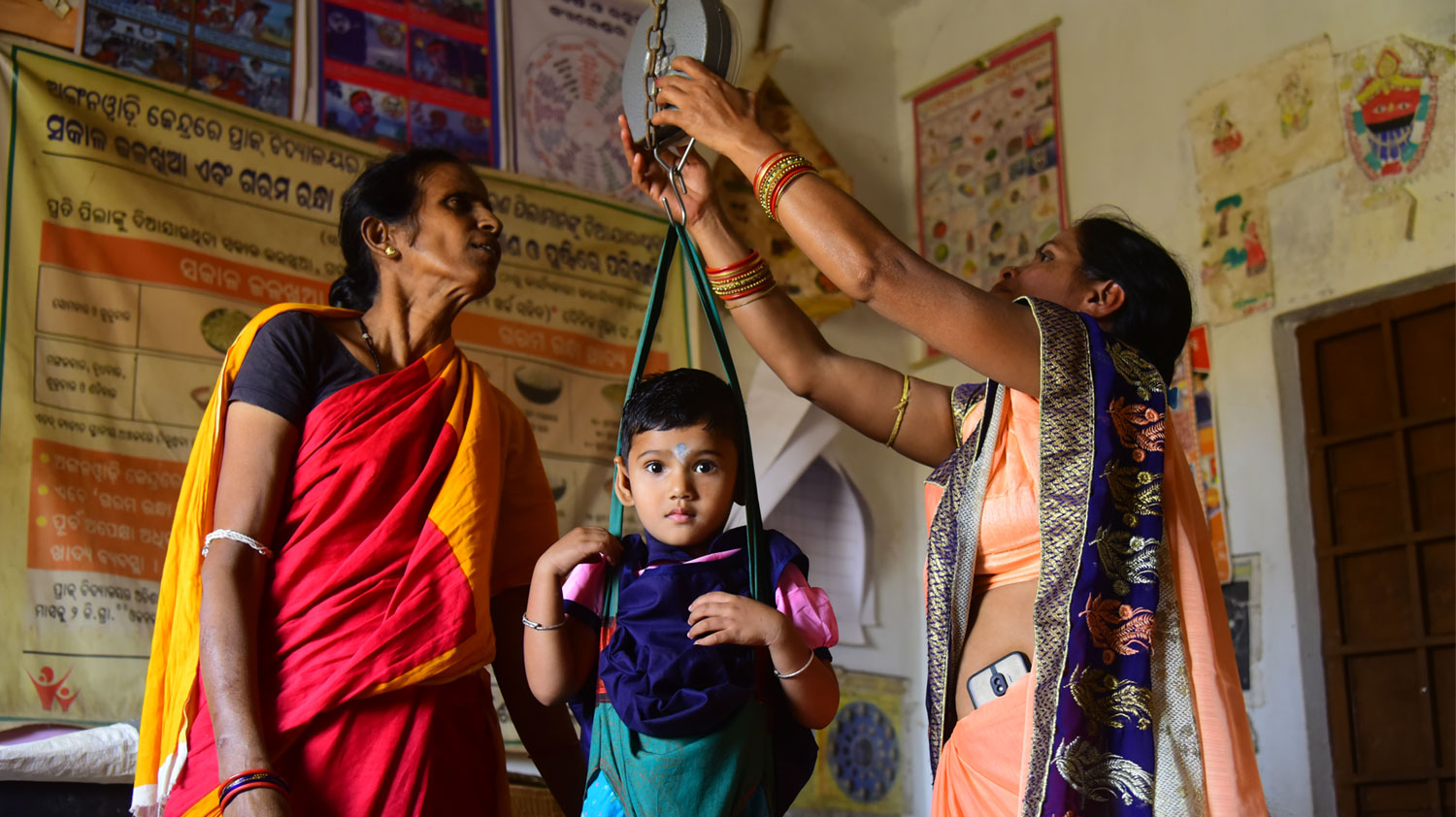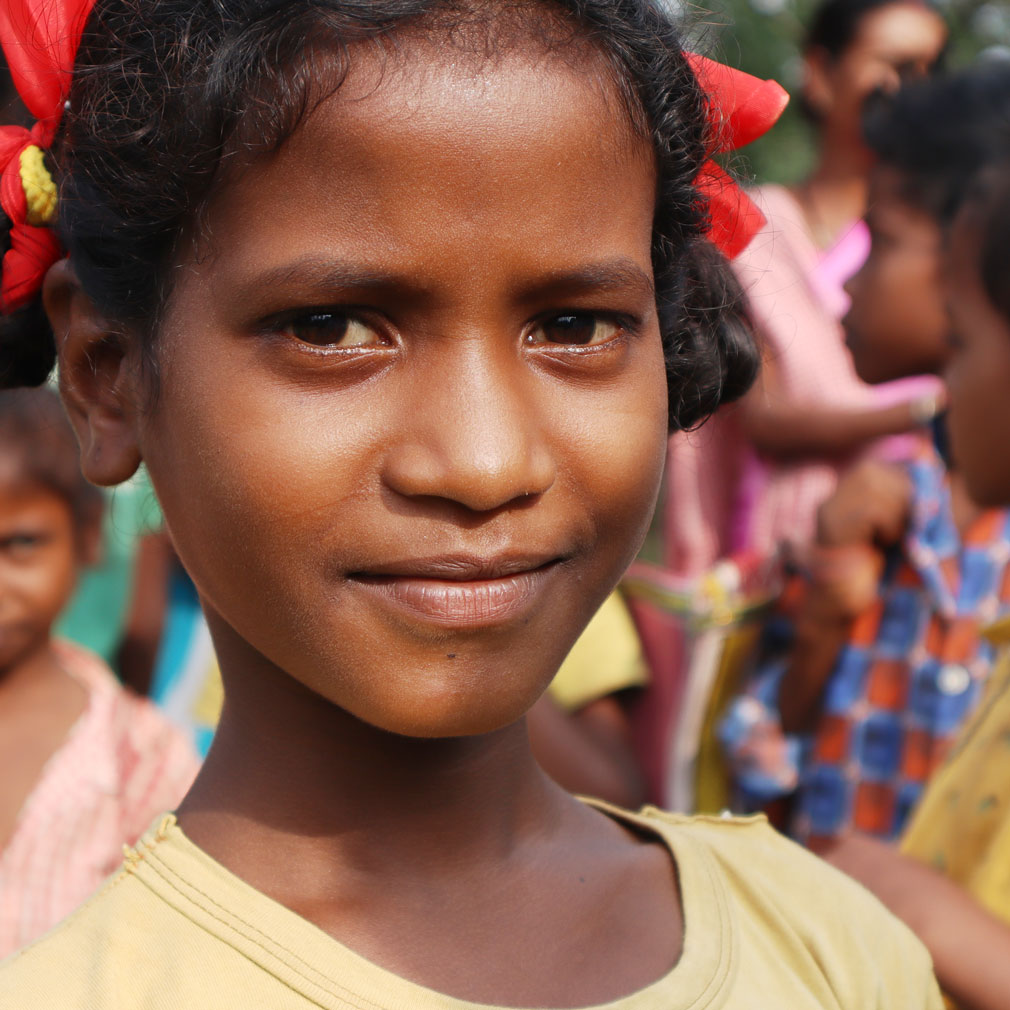Furthermore, the link between nutrition and education is also significant. The World Health Organization (WHO) states that adequate nutrition can improve school attendance, academic performance, and cognitive development. At Aspire, we believe that improving health and nutrition is fundamental for quality learning, healthy development, and healthy ageing.
We also believe that capacity building is an essential step towards creating awareness about health, hygiene, and nutrition. To this end, we conduct regular orientations for adolescents and mothers on topics such as menstrual cycles, common health issues, the need for a balanced diet, health supplements, healthy habits, gender equality, sexual abuse, and harassment. We train and orient anganwadi workers and mothers’ and monitoring committee members on these issues as well.
We have conducted numerous awareness drives for the community, including those related to COVID-19 issues, such as, common symptoms, preventive practices, safety protocols, myths, and vaccinations. Our RBC children have been instrumental in creating awareness among their family members and relatives on COVID-19. We have also conducted vaccination drives for our staff members, their families, and community members. We led the distribution of dry ration to people facing food insecurity, helped Self-Help Groups prepare hygienic meals, and delivered them to last-mile families in remote areas. We supported gram panchayats and municipal corporations in setting up temporary quarantine centres for migrants. Finally, we introduced yoga, exercise, libraries, and film screenings in the quarantine centres for the well-being of the patients.

